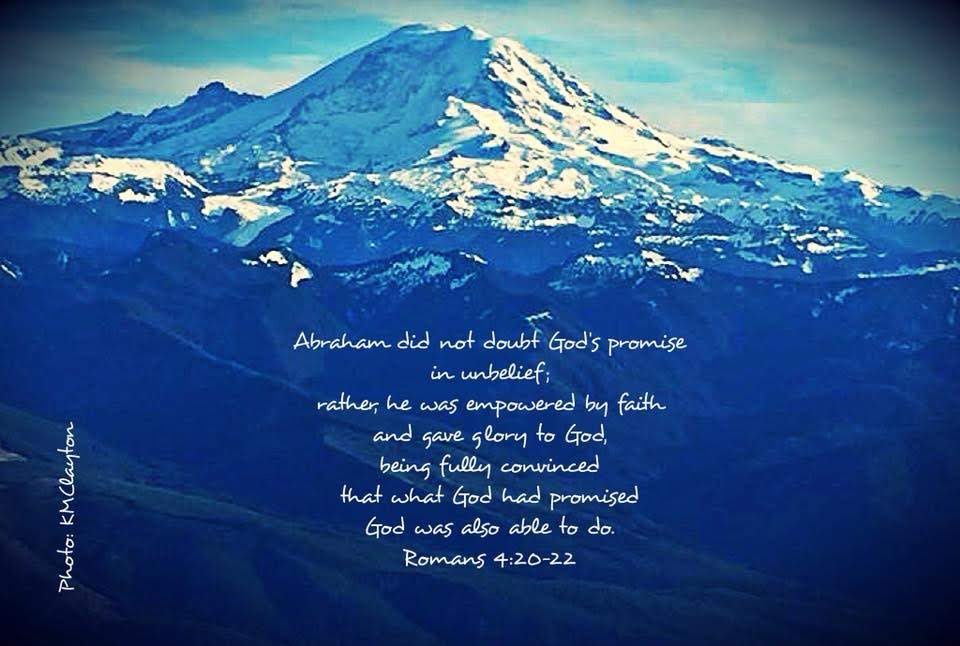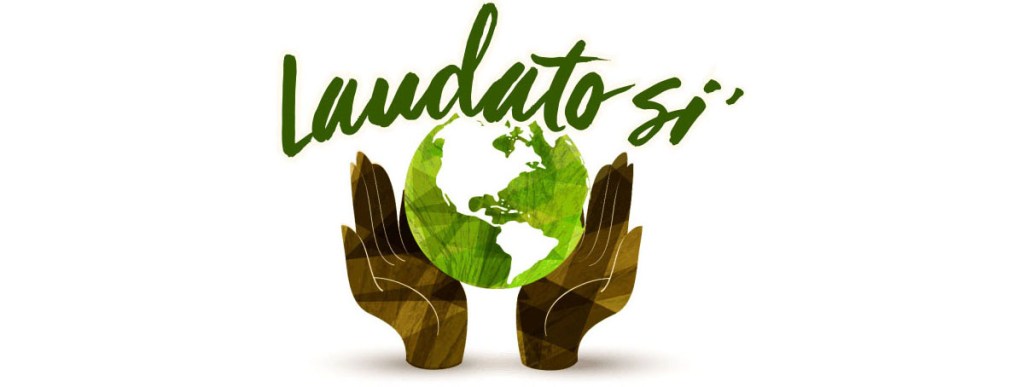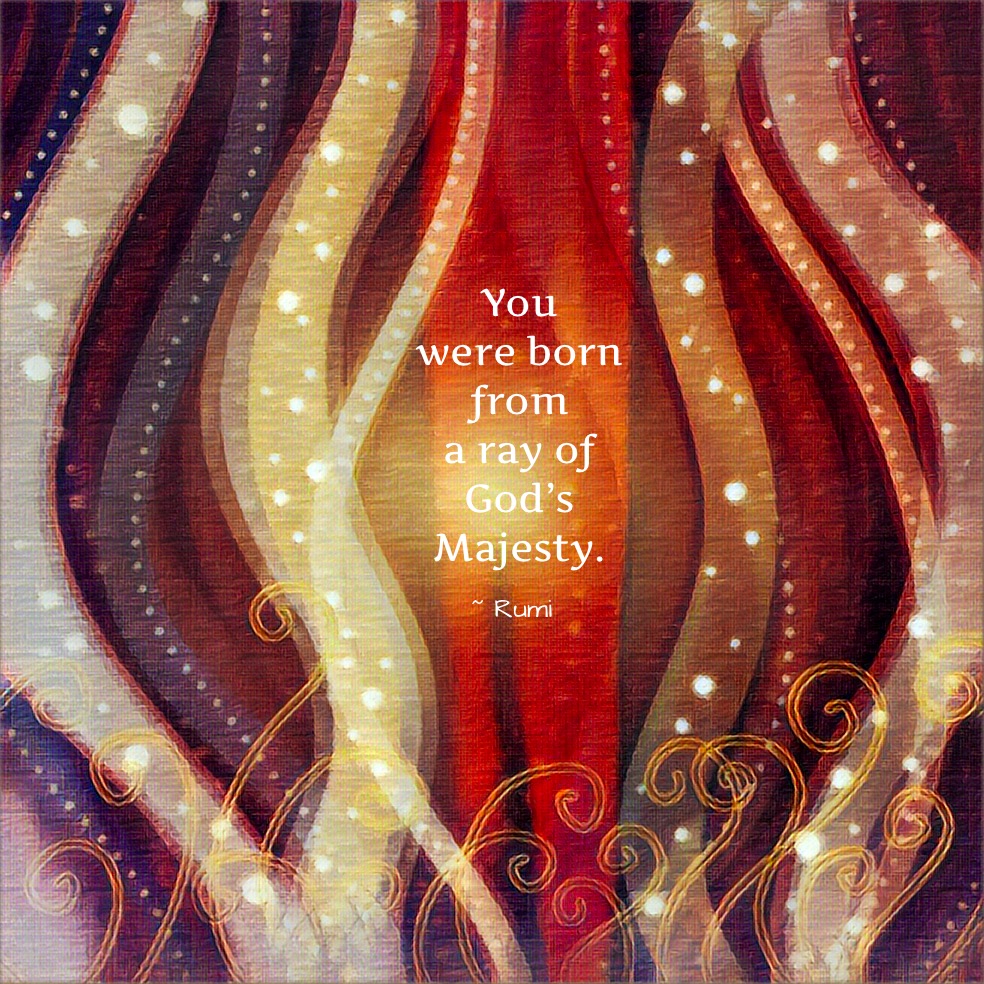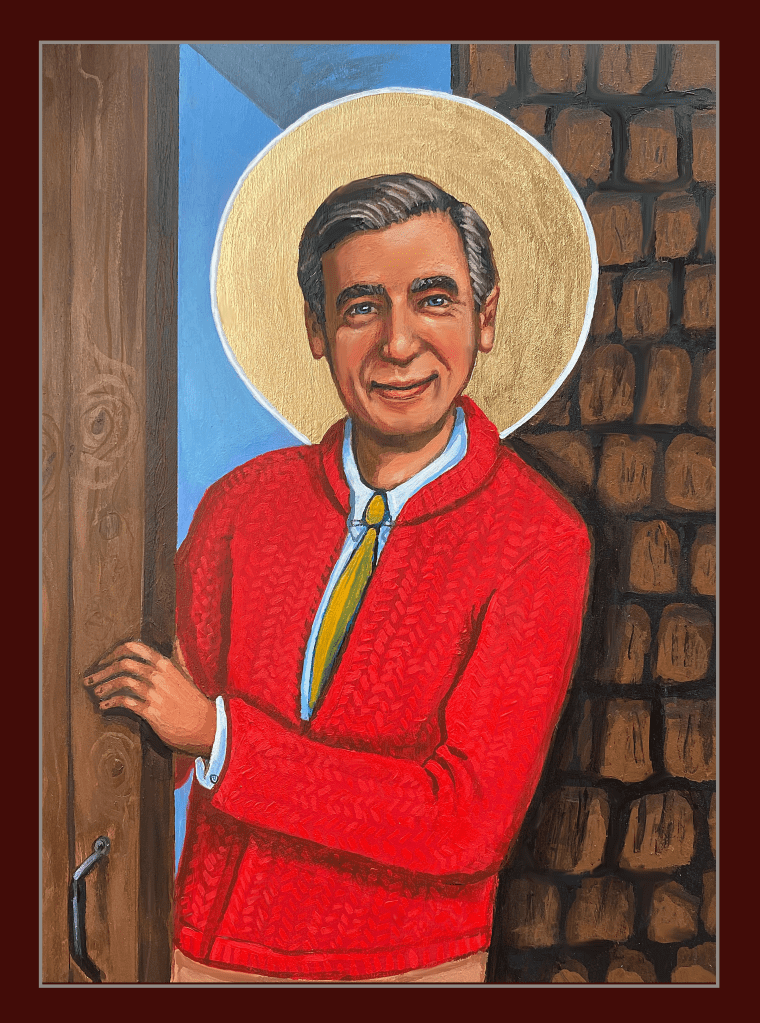Saturday of the Twelfth Week in Ordinary Time
July 1, 2023
Today’s Readings:
https://bible.usccb.org/bible/readings/070123.cfm
Today, in God’s Lavish Mercy, our readings build on yesterday’s themes of promise and patience, faith and resistance.

The Trinity or The Hospitality of Abraham –
Icon by Sister Petra Clare
Genesis tells the rich and instructive story of the visiting angels who come as spokespeople for God’s Promise. Abraham, in a flurry of Middle Eastern hospitality convinces the three visitors to linger at his home. Exuding a deferential hospitality certain to gain them a blessing, Abraham and Sarah lay out a lovely dinner. The blessing comes in an unexpected reiteration of that nagging, and still unfulfilled, promise:
They asked him, “Where is your wife Sarah?”
Genesis 18:9-10
He replied, “There in the tent.”
One of them said, “I will surely return to you about this time next year,
and Sarah will then have a son.”
This time, post-menapausal Sarah has had it with the inconclusive, and seemingly outlandish, promise!
Sarah was listening at the entrance of the tent, just behind him.
Genesis 18:10-12
Now Abraham and Sarah were old, advanced in years,
and Sarah had stopped having her womanly periods.
So Sarah laughed to herself and said,
“Now that I am so withered and my husband is so old,
am I still to have sexual pleasure?”
God doesn’t think it’s funny. To Abraham and Sarah, God poses the elemental faith question that will be posed to every potential believer:
But the LORD said to Abraham: “Why did Sarah laugh and say,
Genesis 18:13
‘Shall I really bear a child, old as I am?’
Is anything too marvelous for the LORD to do?
Our Gospel centurion has already answered that question for himself. When Jesus agrees to come heal the beloved suffering servant, the centurion expresses his humble and unconditional faith in God’s promise:
The centurion said in reply,
Matthew 8:8
“Lord, I am not worthy to have you enter under my roof;
only say the word and my servant will be healed.”
This prayer, repeated at every Eucharistic celebration, allows us to measure our own faith and to ask for our own healing.
Poetry: Thou Art Just Indeed, Lord, If I Contend – Gerard Manley Hopkins
Hopkins questions God about his suffering, stating that he’s a good priest and if God treats him this poorly, how must God treat enemies! Like Abraham, Hopkins needs fruitfulness – “send my roots rain?”
Justus quidem tu es, Domine, si disputem tecum; verumtamen
justa loquar ad te: Quare via impiorum prosperatur? &c.
Thou art indeed just, Lord, if I contend
With thee; but, sir, so what I plead is just.
Why do sinners’ ways prosper? and why must
Disappointment all I endeavour end?
Wert thou my enemy, O thou my friend,
How wouldst thou worse, I wonder, than thou dost
Defeat, thwart me? Oh, the sots and thralls of lust
Do in spare hours more thrive than I that spend,
Sir, life upon thy cause. See, banks and brakes
Now, leavèd how thick! lacèd they are again
With fretty chervil, look, and fresh wind shakes
Them; birds build – but not I build; no, but strain,
Time’s eunuch, and not breed one work that wakes.
Mine, O thou lord of life, send my roots rain.
Music: Abraham and Sarah – Bryan Sirchio
I just love this song. I hope you do too! Lyrics below.
Ha Ha Ha – Ho Ho Ho
I wonder what’s so funny?
Abraham and Sarah were very old and grey.
An angel of Lord showed up and said to them one day,
“I know you’re very old and that you’ve never had a kid,
but God says, “Better find a baby crib!”
And they said:
Ha Ha Ha – Ho Ho Ho
You can’t have a baby when you get this old.
Abraham and Sarah had to laugh.
Oh, bend at the knees
Ha Ha Ha – Ho Ho Ho
So now Abraham and Sarah know
that nothing is too hard for God.
Abraham and Sarah were very old and grey.
An angel of Lord showed up and said to them one day,
“I know you’re very old and that you’ve never had a kid,
but God says, “Better find a baby crib!”
And they said:
Ha Ha Ha – Ho Ho Ho
You can’t have a baby when you get this old.
Abraham and Sarah had to laugh.
Oh, bend at the knees
Ha Ha Ha – Ho Ho Ho
So now Abraham and Sarah know
that nothing is too hard for God.
And sure enough they had a baby
and they named the baby Isaac
which means “Laughter”!















